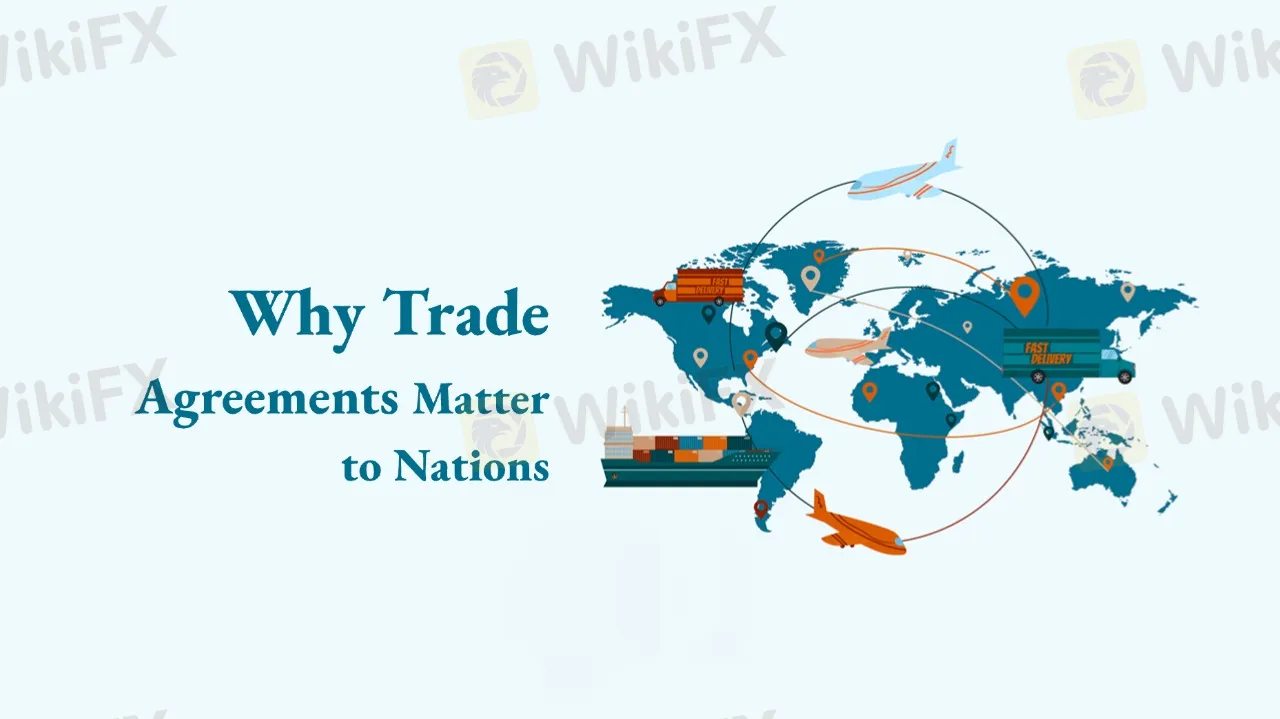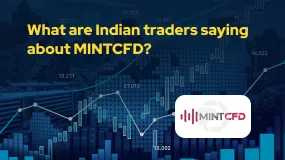简体中文
繁體中文
English
Pусский
日本語
ภาษาไทย
Tiếng Việt
Bahasa Indonesia
Español
हिन्दी
Filippiiniläinen
Français
Deutsch
Português
Türkçe
한국어
العربية
Why Trade Agreements Matter to Nations
Abstract:In today’s interconnected world, trade agreements serve as the foundation for stable and predictable international commerce.

They define critical elements like tariffs, quotas, product origin rules, and intellectual property protections, ensuring that goods and services can move across borders smoothly.
Without these frameworks, global trade would face costly delays, uncertainty, and disputes. Trade agreements allow countries to increase exports, attract foreign investment, and promote employment, making them powerful tools for economic growth.
Real-World Examples Speak Volumes
One notable case is the EU–Japan Economic Partnership Agreement, which offers tariff reductions for businesses on both sides. This has made European products like food, machinery, and vehicles more competitive in Japan, and vice versa.
As a result, bilateral trade volume has grown, while consumers enjoy more diverse and affordable choices. In the Pacific region, some developed nations grant unilateral trade benefits to developing countries, helping them access international markets and boost local economies.
Changes in trade policies can instantly reshape pricing, supply chains, and industry dynamics. A reduction in tariffs might stimulate exports, while new restrictions could hurt company margins.
Markets respond swiftly—stock indexes, exchange rates, and commodity prices often fluctuate based on trade developments. For e-commerce players, trade agreements are especially impactful, as lower landed costs mean better pricing power and broader market access.
Keeping up with trade agreements isnt just for governments; businesses and investors need to track these shifts closely to stay competitive.

Disclaimer:
The views in this article only represent the author's personal views, and do not constitute investment advice on this platform. This platform does not guarantee the accuracy, completeness and timeliness of the information in the article, and will not be liable for any loss caused by the use of or reliance on the information in the article.
Read more

SkyLine Judge Community: Appreciation Dinner Successfully Held in Malaysia
On August 1, 2025, the SkyLine Judge Appreciation Dinner was successfully held in Kuala Lumpur, Malaysia. As the first WikiFX SkyLine event in Malaysia this year, the dinner not only aimed to express sincere gratitude to expert judges, partners, and industry representatives who have long supported the development of the SkyLine Judge Community but also facilitated in-depth discussions on the future direction of forex trading safety, financial education, and industry transparency.

AssetsFX Scam Alert: 5 Troubling Signs
Forex trading has become a critical game now because of advancements in technology. Due to this Unfortunately, scam brokers have also entered in the Forex market. Therefore, you need to stay alert. This article aims to warn all traders and investors. Read carefully and stay aware.

Forex Success Stories: Lessons You Can Use to Win
There can be many ups and downs even for the world’s best forex traders. However, they remain undeterred in their vision to overcome the challenges that come their way. That’s why they form part of forex success stories that continue to inspire generations. One can inherit some lessons to be among successful currency traders. In this article, we will be sharing the lessons you can use to be successful in forex trading.

What are Indian Traders saying about MINTCFD?
MINTCFD is an India-based broker. It's important to note that independent watchdogs have issued scam alerts against the broker. They label MintCFD as risky and possibly fraudulent. In this Article, we will tell you the red flags of MINTCFD to protect your money
WikiFX Broker
Latest News
Euro zone inflation holds steady at higher-than-expected 2% in July
Forex Success Stories: Lessons You Can Use to Win
Scam Alert: FCA Issued Warning! Check the List of Unauthorized Brokers Below!
FCA Forex Trading Regulations Explained – What Every Trader and Broker Must Know
FIBO Group: A Closer Look at Its Licenses
Making Money with Forex Weekend Trading
FCA Issues New Alerts Against Unlicensed Financial Platforms, Including Clone Scams
The Untold Story In Today's Jobs Report: The Unprecedented Purge Of Illegal Alien Workers
What are Indian Traders saying about MINTCFD?
Think Uncle Sam Owes $37 Trillion? It's Far Worse Than That
Currency Calculator


